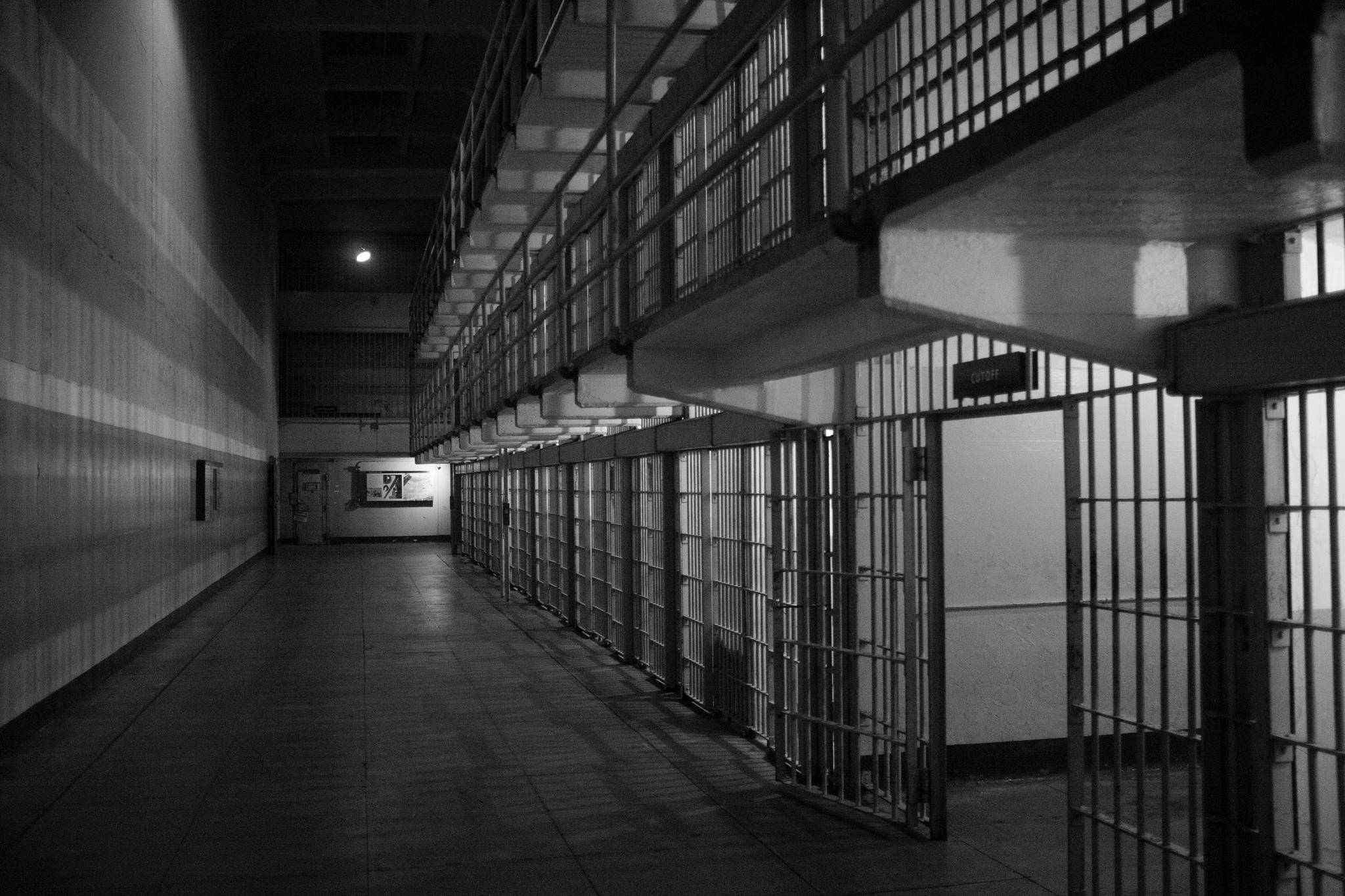Gov. Mike Dunleavy declared “war on criminals,” promising more state troopers, prosecutors and to reopen the courthouse on Friday afternoons. To reduce crime, the state must also reduce criminal recidivism. Ninety-five percent of Alaskans in prison are released. Because prisoners are released into our communities, all of us, including legislators and the governor should be highly motivated to ensure that when prisoners are released they do not return to as a result of committing another crime.
[Crime data will be much more accurate under new system]
If offenders are going to change they must be given a chance to learn new ways of living and thinking. The mind that created the problem is unlikely, without intervention, the mind to solve the problem. For change to occur, institutional substance abuse treatment, cognitive behavioral treatment and vocational educational must exist. Each of these tools have been proven effective. When an offender is serving time, the Department of Corrections (DOC) literally has a captive audience making it an ideal time to participate in rehabilitative programs.
From 2002 through 2006, DOC eliminated all but one rehabilitative program. This decision was premised on the flawed belief that people do not change. Consequently, Alaska’s prison population grew at a financially unsustainable pace and produced a horrible outcome for the money spent: two out of three prisoners returned to prison within six months of release.
In 2006, a new governor appointed career correctional employees to top DOC positions. They embraced their duty to promote public safety, and to do so in a cost-effective way. The department encouraged legislators to fund needed prison rehabilitation programs and it enrolled other state agencies, the private sector, non-profits and faith-based organizations to work with the department to improve prisoner reentry outcomes. The department restored rehabilitative programs inside the institutions and helped create reentry programs in Alaska’s communities.
[Should Alaska privatize prisons? Dems upset over budget director’s ties to industry]
The prison population began to decline, the department closed one prison, fewer people on probation went back to jail, and communities developed strategies to assist prisoners in finding housing, employment and other temporary supports, all of which helps keep former prisoners out of trouble in a cost effective manner. These savings in turn are available for reinvestment in substance abuse services and other rehabilitative programs.
This change took 10 years and a tremendous amount of hard work to achieve. Now, given recent DOC decisions by the Dunleavy administration, these positive changes will be swept away, returning DOC to the failed practices of the past.
Tom Sharkey, a DOC deputy director, recently stated the “governor’s office is micro-managing us.” Every DOC program and regulation is being audited by Amy Demboski, Dunleavy’s deputy chief of staff, and Donna Arduin, director of Office of Management and Budget. Auditing programs to ensure quality, efficient operation and cost-effective outcomes is essential. Of concern is that these programs are being vetted by Demboski, someone with no corrections experience and by Arduin, a former lobbyist for the second largest for-profit private prison company, Geo Group.
[Budget director’s history of cutting with ‘hatchet, not a scalpel’ sparks concern]
The new administration rejected a $1 million Federal Second Chance Act grant awarded to the state in October 2018, one of three states to receive this grant. The grant was to assist DOC to continue with its recidivism reduction efforts and finance needed improvements with its data collection system.
DOC Commissioner Nancy Dahlstrom says the administration is considering privatizing DOC operations. This is not surprising given that Arduin was once a lobbyist/board member for Geo Group. The extent of her influence should not be downplayed. After working for former California Gov. Arnold Schwarzenegger to drastically cut the state’s budget, she left and joined Geo Group, which was seeking private prison contracts with California. Schwarzenegger awarded a no-bid $3.5 million contract to Geo Group.
Privatizing DOC operations will have significant unintended negative consequences. The first priority for any for-profit prison is to make money. The more people incarcerated the larger the profits. This eliminates any incentive to implement rehabilitative programs to reduce crime.
As this administration moves to repeal Senate Bill 91 and considers privatizing prisons, we face two choices: permit private prison profit margins to dictate our laws and impede and impede prisoner rehabilitation or pursue evidence-based practices that return people to the community prepared to participate in productively.
• Carmen Gutierrez is an attorney and former deputy commissioner for the Alaska Department of Corrections.
• Carmen Gutierrez is an attorney and former deputy commissioner for the Alaska Department of Corrections. My Turns and Letters to the Editor represent the view of the author, not the view of the Juneau Empire.

